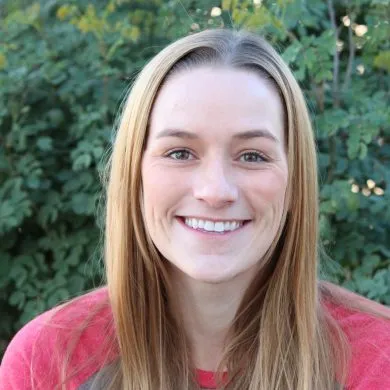During the summertime, parents get a well-deserved break from running their kids from place to place. While your kids are in school, your life may follow a set routine making it easy to get each task completed by the end of the day. Between summer camps, sports, and vacations your child’s therapy might be forgotten. It is important to your child’s progress to continue implementing home programs and speech practice daily to ensure new skills are generalized and carried over to new environments.
Parents play an essential role in their children’s progress and language development. Parents have more opportunities throughout the day to experience, interact, and communicate during a meaningful, everyday situation. It is these daily situations where most learning takes place. By providing tips and tricks, speech language pathologists help parents implement speech therapy throughout their child’s day. It is important for therapy to be extended beyond the clinic into the child’s familiar routines including but not limited to bath time, snack time, and/or bedtime. The more we practice our home programs the easier and more automatic these interactions become. By focusing on giving your child an open-ended question (i.e. what do you want?) rather than a yes/no question (i.e. do you want the ball?), practicing verbal routines (i.e. ready, set, go!), or any other strategy your therapist has recommended, these interactions become more instinctive which enhances daily interactions between child and parent, and ultimately enhances the child’s learning.
Home programs are not only limited to late talkers and/or language delays. It is also essential for children working on their articulation skills or speech production skills to complete their home programs daily. Just like learning how to kick a ball, throw a ball, or playing an instrument requires numerous repetitions to develop muscle memory, our articulators (teeth, tongue, jaw, etc.) all require numerous repetitions to develop the muscle memory to produce a particular speech sound or sound pattern. When parents help their children practice their “new way” of producing sounds outside of the therapy room, these skills will generalize to new environments more rapidly than if their children only practiced once or a twice a week at a clinic. By combining both home practice and direct practice at the clinic learning potentials are maximized.
If you have any concerns regarding your child’s speech or language skills, please don’t hesitate to reach out to T.E.A.M 4 Kids for a free screening or evaluation with one of our wonderful Speech-Language Pathologists here in Surprise, Arizona or at our now open Peoria, Arizona clinic!


